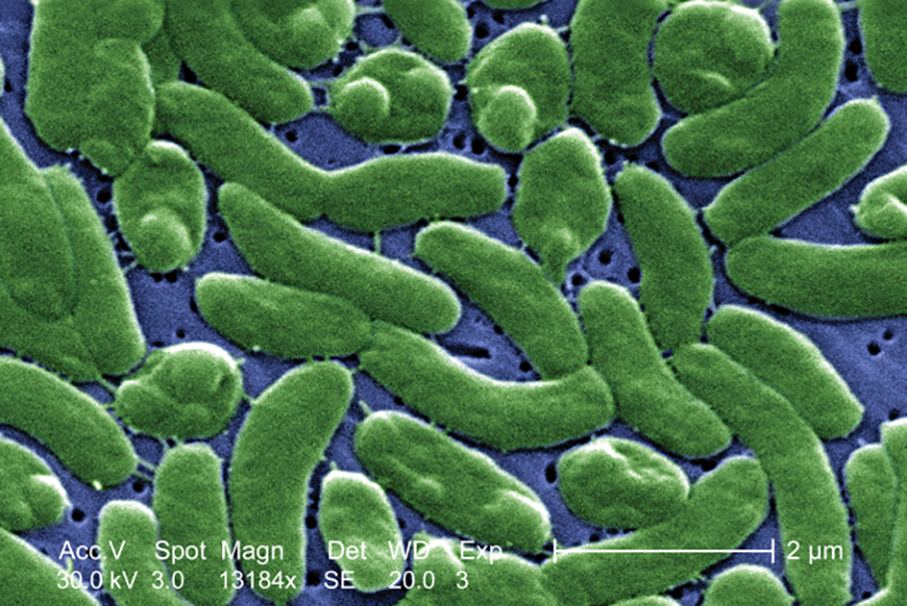The Health Bureau (SSM) received a report of a vibrio vulnificus infection yesterday concerning a 62-year-old local man with a history of chronic illness, according to a statement from the bureau yesterday.
According to the US-based National Library of Medicine’s website, vibrio vulnificus is a bacterium that “causes septicaemia [sepsis], severe wound infections, and gastroenteritis. Failure to recognise and treat this infection promptly leads to high morbidity and mortality”.
The SSM statement added that the bacterium naturally exists in warm seawater, adding that infections can be caused if one’s wound comes into contact with seawater containing it or by consuming contaminated food.
The statement noted that last Monday evening, the man experienced pain in his right lower limb and a fever. He went to Kiang Wu Hospital the following morning to seek treatment, but as symptoms persisted, he also visited the public Conde de São Januário Hospital Centre in the afternoon, according to the statement.
A physical examination showed obvious redness and swelling of the man’s right calf and the instep of his right foot, the statement said. The man was diagnosed with right calf cellulitis and was admitted for debridement and treatment, and was in stable condition last night, the statement said.
Debridement is the removal of dead, damaged, or infected tissue to improve the healing potential of the remaining healthy tissue, according to Wiktionary.
The man had previously gone to a wet market to buy fresh fish where a scratched and damaged area of his exposed right foot came in contact with water splashed from seafood stalls. He had not been stabbed by a fish, nor was he an angler and hadn’t been to the beach.
The bureau urged members of the public to take precautions such as avoiding contact with seawater when one has cuts or broken skin, using gloves when handling raw seafood, and to seek treatment if symptoms of infections occur.

This image downloaded from Wikipedia last night shows a false-colour SEM image of Vibrio vulnificus.








